January 30, 2017
Will U.S.-Mexico policy changes test intermodal?
The recent comments from Union Pacific, Kansas City Southern and Swift Transportation offer a broader perspective to U.S.-Mexico cross-border trade, which last week seemed to encounter what could mildly be described as a rough patch.
Trump at first said he wanted a 20% tax on all Mexican imports, but later appeared to back off from that stance, and Mexican President Enrique Pen~a Nieto abruptly cancelled a meeting with Trump.
Those spirited defenses of NAFTA were delivered through individual company conference calls with financial analysts, along with guarded comments signaling intense interest.
At Union Pacific, CEO Lance Fritz said “we are paying close attention to all of the talk about potential outcomes as we go forward in terms of impact on either NAFTA or other international trade agreements.”
He then offered a vigorous justification for preserving the current strong trading relationship between the U.S. and Mexico, the third-largest U.S. trading partner.
“A large percentage, certainly more than half [of cross-border trade]…has value added on both sides of the border and is inextricably linked to our economy,” Fritz said. “We’ve been giving that kind of feedback to our elected officials and regulators for a long time. We’ll continue to give them that kind of feedback. Bottom line, we’re optimistic that those decisions ultimately will benefit U.S. trade and the U.S. economy.”
It’s easy to see why Union Pacific is intensely interested in U.S.-Mexico trade, since that cross-border freight was worth about $2 billion in revenue last year. Intermodal was UP’s second-largest U.S.-Mexico line of business, topped only by automotive.
For Kansas City Southern, owner of a Mexican railroad, CEO Patrick Ottensmeyer made it clear the company was intensely interested, saying “Our economies in our societies are inextricably connected”.
Ottensmeyer stressed the importance of cross-border traffic for his railroad as far more than a conduit for imports. In fact, 60% of KCS business actually is southbound, rather than northbound. Approximately 18% of KCS shipments are cross-border, including grain and chemicals as well as intermodal.
Intermodal is a key part of the KCS cross-border strategy, with the expectation of increased activity this year from new interline services and more ocean cargo through the rail-served Port of Lazaro Cardenas.
“[NAFTA] is a complex issue, and there’s a lot of risk for both the U.S. and Mexican economies if any future trade negotiations are not handled very thoughtfully, which I’m sure they will be,” Ottensmeyer said. “Any modification in NAFTA can and will be done in a rational way that will likely strengthen North America’s economy”.
Asked about the impact of an import tax, Swift’s Chief Financial Officer Ginnie Henkels told analysts that “this is still a big if” and thus it as “very speculative” to comment.
She also noted that the concept of having the U.S. consumer pay for a wall through doesn’t actually meet Trump’s broader economic objectives.
The truckload company, a large intermodal user, didn’t comment in any detail about the effects of a change in U.S.-Mexico trade policy on its business volumes beyond noting the importance of that business, worth about $300 million annually.
On a broader note, Fritz said “the United States is tightly woven with its trading partners and our consumers benefit greatly from free and open international trade.”
He cited advantages relating to standard of living, creating markets for U.S. exports and more potential growth in U.S. jobs, particularly high-paying positions.
Ottensmeyer also stressed the private sector’s role, through groups such as U.S./Mexico CEO Dialogue, a private sector complement to governmental cross-border contacts.
Given that the economic stakes of North American trade are so significant and well understood by both sides, especially for Midwestern agriculture, we are confident that reasonable modification of NAFTA is still the most likely outcome, a KCS spokesman said.
BNSF Railway, the other major U.S. railroad with cross-border service, hasn’t made any public comments about President Trump’s promises or strategies.
Add new comment
2024 PARTNERS
A special thank you to our premium level partners for your continued support.


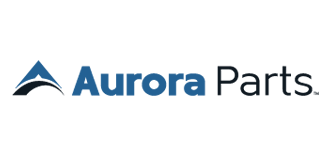










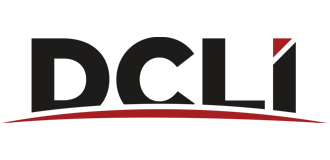











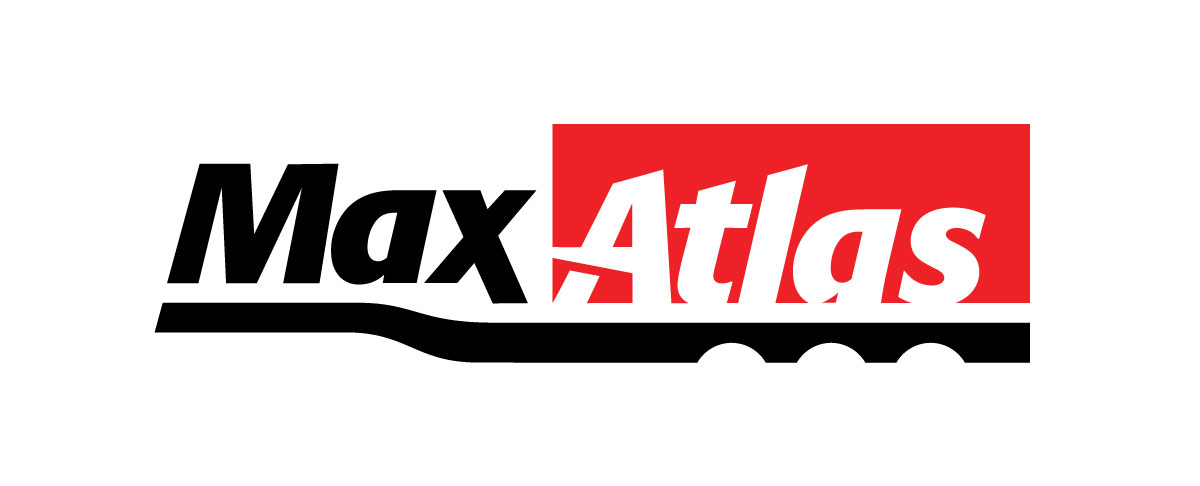
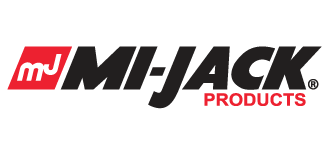
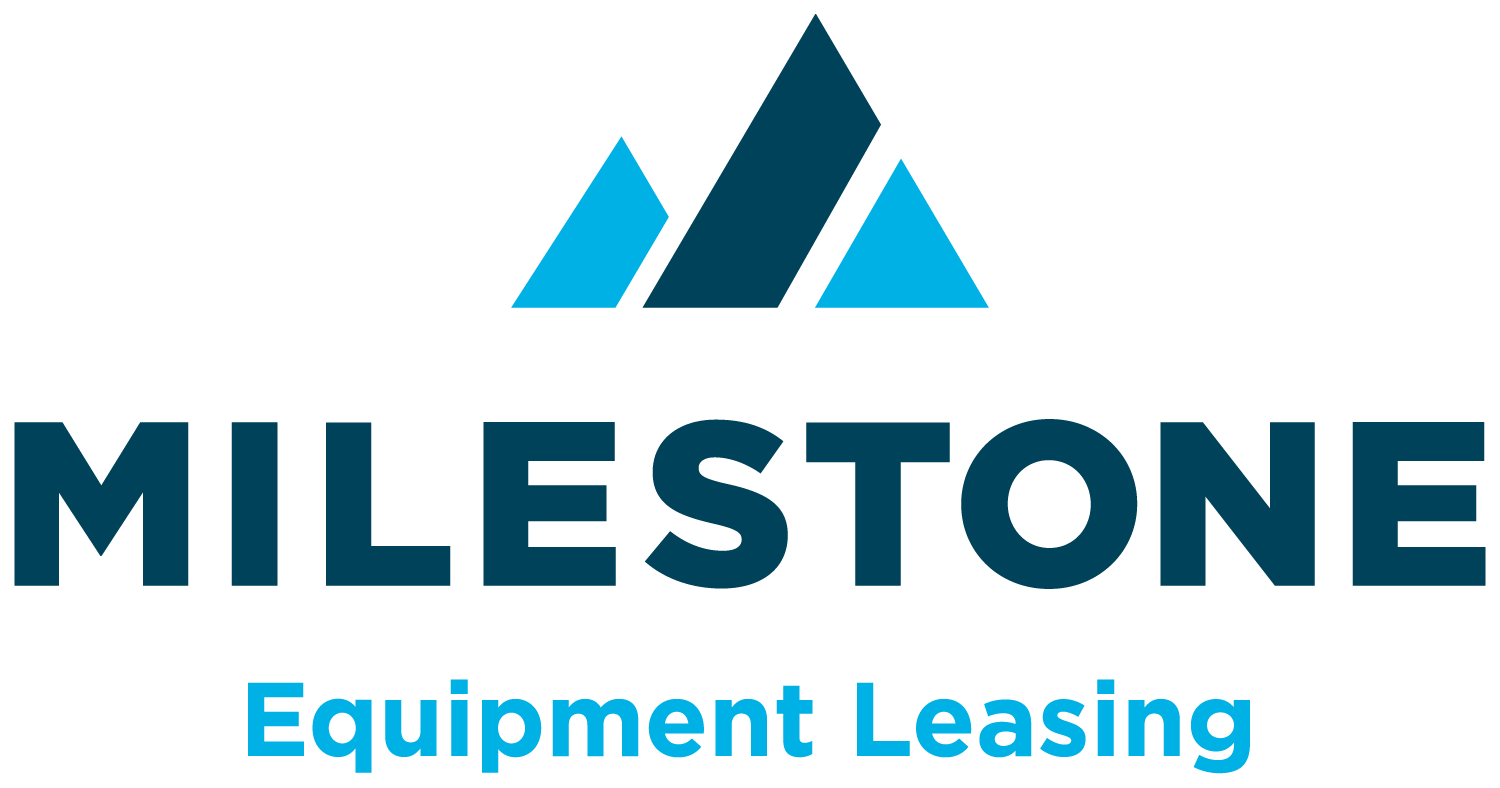












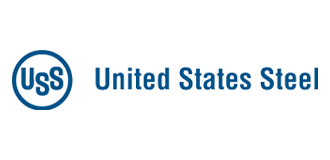
Comments